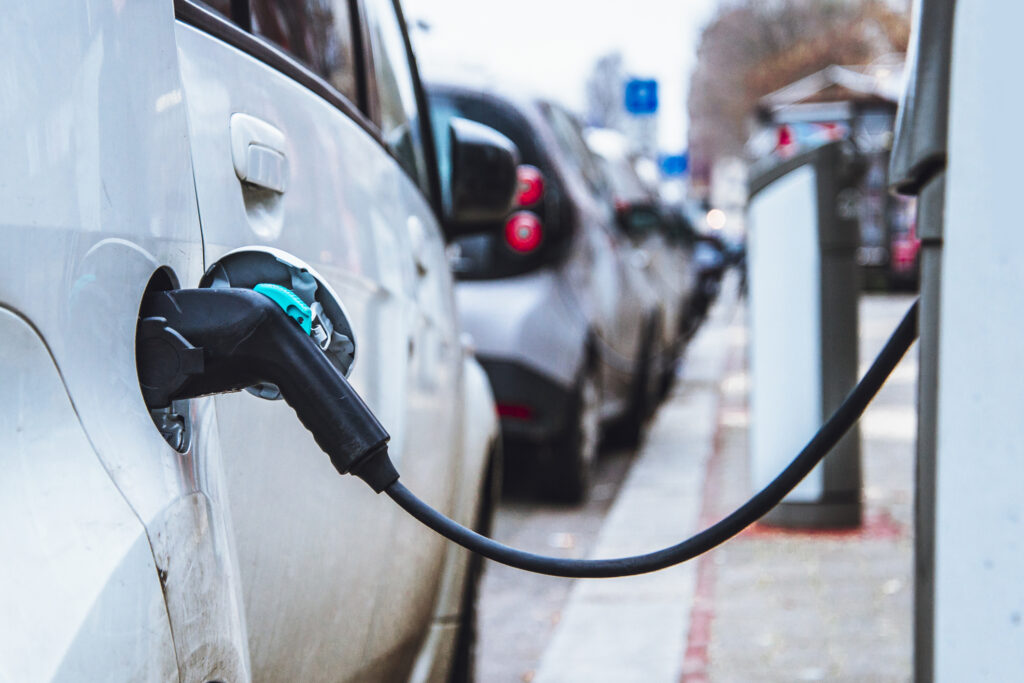The Department for Transport (DfT) has partnered with national disability charity Motability for the development of new accessibility standards for electric vehicle (EV) charging.
The two have commissioned the British Standards Institute (BSI) to develop these standards, which are to provide the industry with guidance and drivers with a new clear definition of ‘fully accessible’, ‘partially accessible’ and ‘not accessible’ EV chargepoints.
While the DfT acknowledged that the design of public chargepoints is already carefully considered, it added that consistent standards are key for drivers to identify which chargepoints are suitable for their needs.
This could range from adequate space between bollards, charging units being a suitable height for wheelchair users, the size of the parking bay and the kerb height.
To develop these standards, the BSI, Motability and the Office for Zero Emission Vehicles will be working with industry stakeholders including EV chargepoint operators, disability charities and innovators.
Motability is also working with Designability, a charity that creates products to enable disabled people to live with greater independence, to engage with disabled drivers and identify their requirements for accessible charging. To date, over 1,000 disabled drivers have volunteered to provide feedback.
It follows the charity conducting a survey with Zap-Map in December 2020 that found that a third of disabled drivers have difficulties locating a suitable charger that could meet their needs.
Indeed, one in seven also noted challenges with the weight of charging cables, in addition to some drivers experiencing difficulties with the force required to attach the connector, the lack of dropped curbs around charge points and unsuitable parking arrangements.
Wireless charging was suggested as one possible solution for improving accessibility at Solar Media’s Everything EV Summit in April. It is a technology being rolled out by Connected Kerb, with CEO Chris Pateman-Jones stating that it “opens up electric vehicles for disabled people” when the rollout was first announced in January 2020.
Minister for disabled people, Justin Tomlinson, said: “As electric vehicles become more popular it is imperative that disabled people have the same opportunities to access them as everyone else.
“The new accessibility standards for chargepoints will help make this a reality.”






